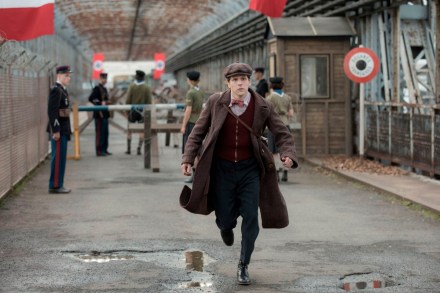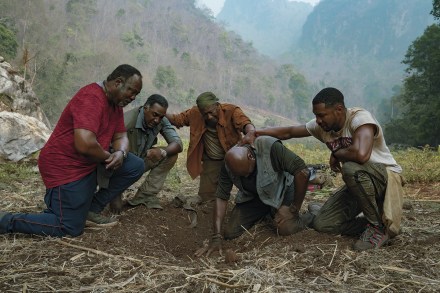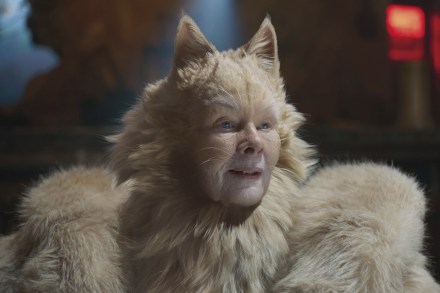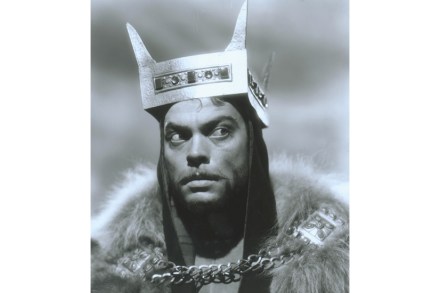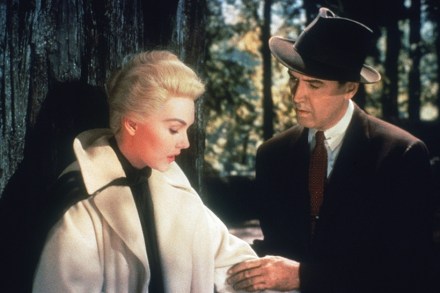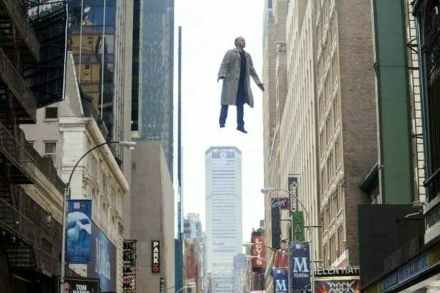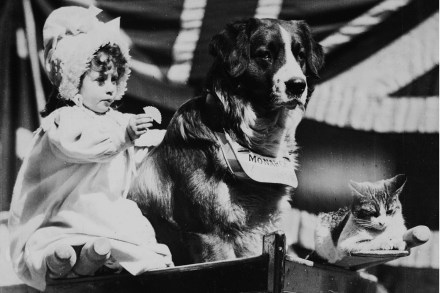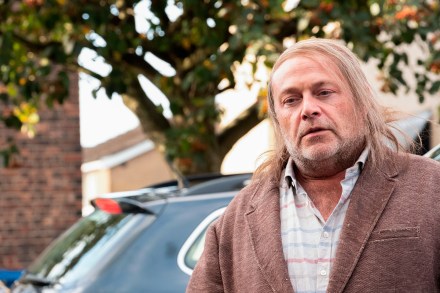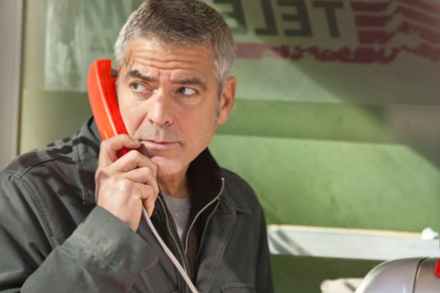What’s new to watch on Amazon Prime
While the coronavirus might have delayed filming for now, the big streaming services are still managing to put out new content – at least for the time being. Here are eight new releases on Amazon Prime to keep you entertained on those lazy summer evenings: Dating Amber, available now Fans of Sex Education and Derry Girls will likely be charmed by this kind-hearted semi-romcom about two nerdy misfits – one male, one female – coming to terms with their sexuality in 1990s Ireland. As a ploy to hide their real preference from homophobic bullies, the two friends decide to pretend to be a couple. But it’s when they escape to




